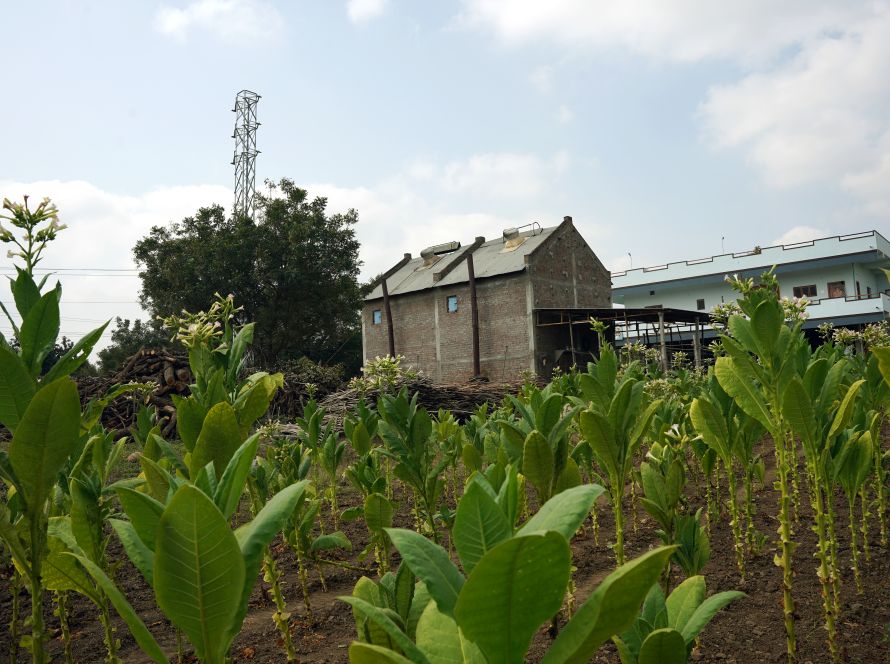introduction
As the agricultural landscape becomes increasingly shaped by regulatory expectations and sustainability goals, the ability of farmers to adapt depends on how knowledge is delivered and absorbed. Traditional training methods fail to address the diversity of real-world conditions farmers face. From differing agro-climatic zones to crop-specific challenges, effective learning must reflect local realities. In this context, regionally responsive training becomes a cornerstone of both agricultural performance and supply chain reliability.
Effective agricultural transformation demands models that are culturally resonant, regionally specific, and operationally scalable. Farmer learning systems that are too centralized often fail to account for variations in seed type, climate, or agronomic history. This document highlights how Deccan built a decentralized learning architecture tailored to the real needs of its farmer network. With content localized by region, practices, and crop variety, and delivered through trained agri-extension teams, the program improved adoption of sustainable practices and reduced advisory fatigue. The approach strengthened compliance outcomes while building long-term capacity within the community.




